The Bahamian Coral Reefs and Climate Change program focuses on sharing coral reef conservation through climate change education in schools and in the wider community. Its goal is to increase awareness of the mechanism, causes, and impacts of climate change and to encourage stakeholders to take action on a personal and/or institutional level to reduce their contribution to the potential impacts of climate change.

Climate change is probably the largest environmental issue of our time. Although the connection to coral reefs may not be an obvious one, changes in climate are already impacting coral reefs throughout The Bahamas and the entire world in a major way.
Increasing greenhouse gases are not only causing atmospheric temperatures to rise but also sea surface temperatures. This is bad news for corals, which require specific temperature ranges for optimum health. When corals are stressed by high-water temperatures, coral bleaching occurs. Corals are bleached when they expel their microscopic, algal residents called zooxanthellae. These symbiotic partners are important for coral survival as they provide food and oxygen for the coral animal that is called a polyp. Zooxanthellae also give corals their color, which is why they appear white or bleached when they are absent. Without the benefits that zooxanthellae provide, corals are at serious risk of disease and death.

The Bahamas depends heavily on healthy reefs for shoreline protection, food, recreation, and jobs. BREEF recognizes the serious threat that climate change poses to our coastal and marine environments, and therefore, our way of life. With the support of the Atlantis Blue Project Foundation, BREEF has begun preparing a variety of educational materials and activities for its climate change public awareness campaign. The campaign will focus on what we can all do to help reduce the rate of climate change and to adapt to the risks, like sea-level rise, that it poses.
Climate Change Education

Since The Bahamas has been listed by the Intergovernmental Panel on Climate Change (IPCC), as one of the top 10 countries to be most impacted by sea-level rise, BREEF’s first activity under this grant was to dedicate a day of its summer Marine Conservation Teacher Training Workshop to climate change education. Twenty-eight primary and secondary teachers from islands throughout The Bahamas were exposed to interactive and entertaining strategies for communicating the complex science of climate change to their students. Training teachers to share the science of climate change in a way that is accurate and fun is one of the most effective and efficient ways to educate the next generation of Bahamians.

